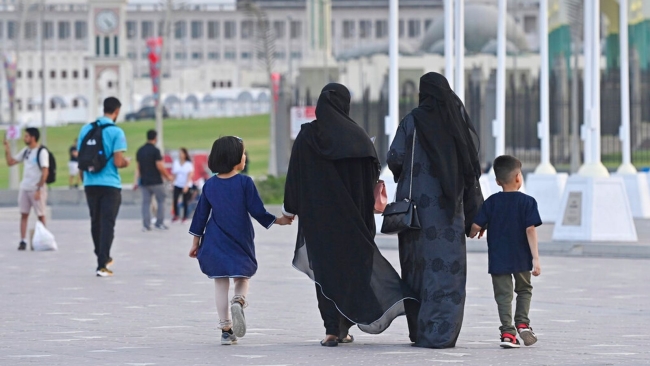France Bans Abayas in Schools fueling accusations of Islamophobia Featured
France has recently announced that students will no longer be allowed to wear abayas in schools. This decision has sparked controversy and accusations of Islamophobia. Abayas are long, robe-like garments often worn by Muslim women.
The Reason Behind the Ban
<p>The French Education Minister, Gabriel Attal, explained that this ban is based on the principle of laïcité, which means the separation of state institutions and religions. The government believes that in schools, students should not be identified by their religious identity through their clothing.
Opposition and Criticism
However, this decision has faced criticism from opposition lawmakers. Some argue that it is a form of Islamophobia. Prominent opposition politician Danièle Obono called it a "new Islamophobic campaign." Jean-Luc Mélenchon, a far-left politician, expressed his sadness over the polarization caused by this decision.
A History of Controversial Bans
This is not the first time France has implemented bans on clothing associated with Muslims. Last year, the wearing of hijabs and other "conspicuous religious symbols" was banned in sports competitions. The United Nations Human Rights Committee also criticized France's ban on niqabs, stating that it violated human rights.
The Impact of Such Policies
These bans and restrictions have drawn international attention and have been seen as divisive. French legal scholar Rim-Sarah Alouane argues that these policies only deepen the fractures within the nation.
What's Next?
While the ban on abayas has been confirmed, there is no information yet on whether guidelines regarding hijabs will be enforced in schools. The education minister has not commented on this matter.
France's decision to ban abayas in schools has sparked a heated debate. It is important to understand different perspectives and consider the impact of such policies on religious freedom and social cohesion.


